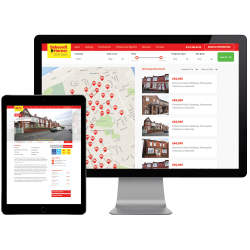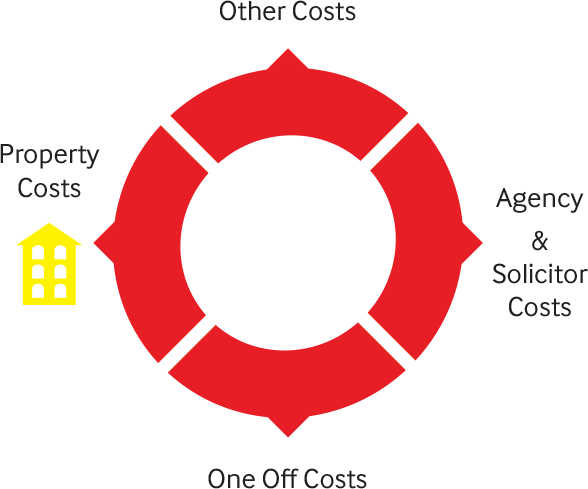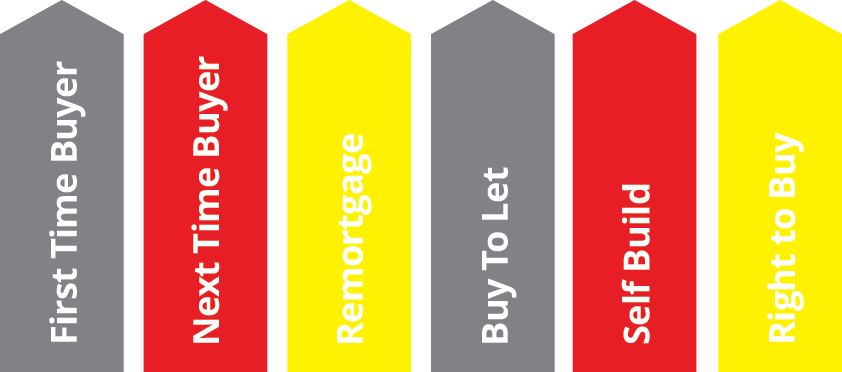Research
Search Properties



Looking for the best mortgage deal? How do you get the best mortgage?
The answer is simple: Get independent financial advice.
A specialist mortgage adviser can search thousands of mortgage deals to find the best mortgage quotes for your particular circumstances. Remember Banks and Building Societies will prefer not to tell you a better mortgage deal can be found elsewhere




Basic Valuation
All lenders require a basic valuation as they need to know they are not lending you more than the property is worth.
Homebuyers Report
The RICS introduced the new RICS Homebuyer Report in July 2009. It was designed to be a user
friendly report.
Building Survey
This is the most comprehensive (and costly) option. It is suitable for any building but is especially
recommended for older buildings.
